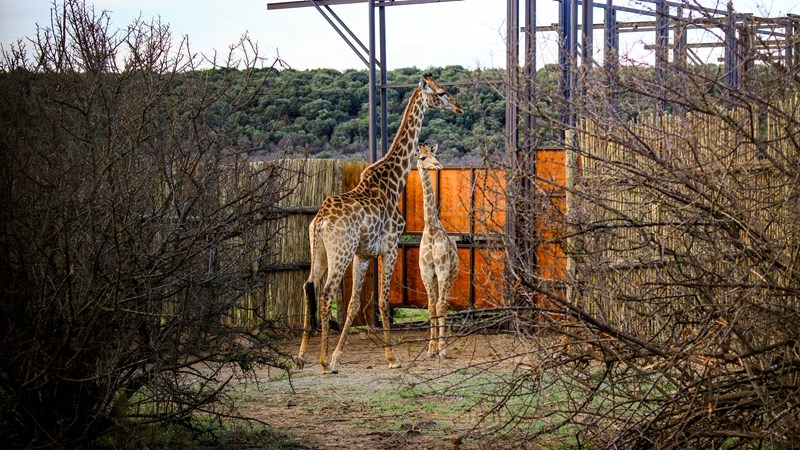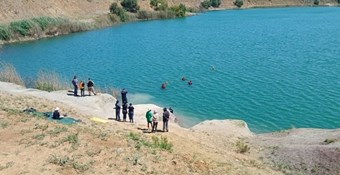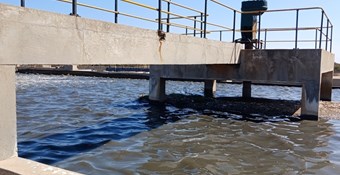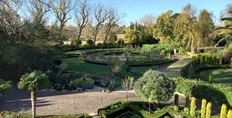Central SA
UFS launches world’s first giraffe research facility─── ZENANDE MPAME 07:30 Fri, 31 Oct 2025

The University of the Free State (UFS) is charting a new course for the future of wildlife conservation with the establishment of the world’s first giraffe research facility at Amanzi Private Game Reserve near Brandfort.
The research facility was launched on Wednesday (29/10) and sets the stage for ground-breaking discoveries in giraffe genetics, behaviour, and reproductive science. The facility aims not only to deepen scientific understanding but to actively shape a sustainable future where giraffes thrive in their natural ecosystems.
For over a decade, UFS researchers led by Prof. Francois Deacon from the department of animal science have been breaking new ground in understanding giraffe behaviour, physiology, and reproduction. Their efforts have now paid off in the form of a facility that will help develop reproductive technologies like embryo transfer and semen storage, ensuring the species’ long-term existence.
“Eventually, what we really want to do is produce a baby giraffe,” said Deacon. “That will be the highlight, the punchline, the proof that our work can help save this species.
“We also want to make Amanzi a place of learning. Bloemfontein doesn’t have a zoo anymore, so where can children see wildlife up close and learn about conservation? This facility can fill that gap.
“It all started with a small design, a GPS collar worth R35 000, that we first fitted on giraffes in the Kalahari. That innovation attracted the attention of National Geographic, which later produced several documentaries.
Deacon spoke fondly of the past 17 years and said what began as a dream during his time working for National Parks has grown into a world-renowned conservation initiative. “Because of giraffes, I’ve seen 28 countries in the world; that’s how many doors opened for me.”
This programme will allow researchers to expand their understanding of the world’s tallest land mammal in ways that were not possible before. The project also offers opportunities for collaboration with conservation organisations and universities worldwide, positioning the UFS as a leading hub for giraffe and large-mammal research in Africa.
About 12 departments at the UFS are already involved in the research project in one way or another. This includes the department of animal science to the departments of zoology and entomology, as well as chemistry, and even information and communication and technology services, which contribute to 3D-modelling, software, and monitoring of the animals.
• Have a news tip to share? Phone or whatsapp the OFM News Hotline: 066 487 1427.















